Certificate of Attendence
Available in the participante area


One line registration
Starts August/2017
Abstract submission
Ends by 31/01/2018
Abstracts acceptance
After 15/03/2018
Early registration
Ends by 15/04/2018
Regular registration
Ends by 12/05/2018
Cancelation and refund
Ends by 12/05/2018
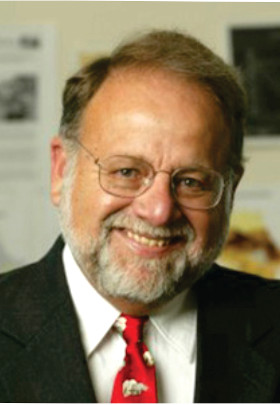 |
Soils of the world: how to reconcile the needs for food, fuel, water quality and biodiversityPedro A. Sanchez is Research Professor of Tropical Soils at the University of Florida Soil & Water Sciences Department and core faculty of the Institute for Sustainable Food Systems. Previous, he was Director of the Agriculture and Food Security Center at Columbia University’s Earth Institute, Director of the World Agroforestry Center, co-chair of the UN Millennium Project Hunger Task Force, and director of the Millennium Villages Project. He has lived in Cuba, the Philippines, Peru, Colombia and Kenya, and supervised research programs in over 25 countries of Latin America, Southeast Asia, and Africa. He is the 2002 World Food Prize laureate, a 2004 MacArthur Fellow, and was elected to the US National Academy of Sciences in 2012 for his “led path-breaking research on soil management for improved food production in the tropical world”. |
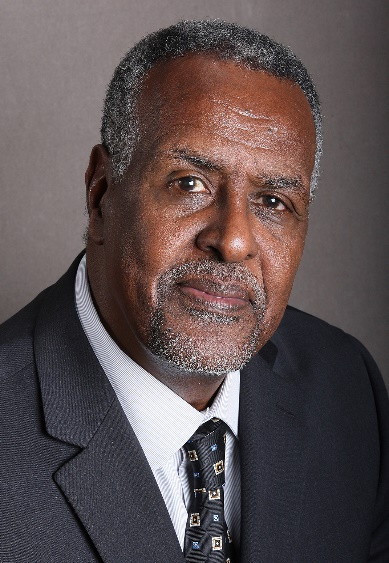 |
Science, technology, policy, and wisdom to achieve global food & nutrition securityGebisa Ejeta is Distinguished Professor of Plant Breeding & Genetics and International Agriculture, and is Executive Director of the Center for Global Food Security at Purdue University. He was policy advisory for several international development and U.S. government agencies, including USAID, U.S. State Department, and United Nations. Currently serves on the boards of the Global Crop Diversity Trust, the Chicago Council for Global Affairs’ Global Food and Agriculture Program, the National Academy of Sciences Board on Agriculture and Natural Resources, the International Water Management Institute, and on the U.S. Board for International Food and Agricultural Development. Professor Ejeta is a 2009 World Food Prize Laureate and recipient of a national medal of honor from the President of Ethiopia. |
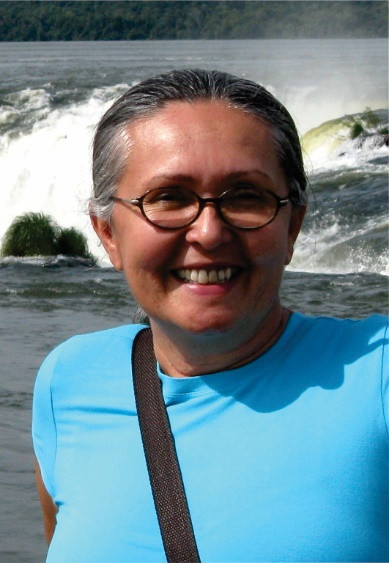 |
Brazilian Soils: food, fuel and beyondLucia Anjos is professor of Department of Soil Science, Federal Rural University of Rio de Janeiro (UFRRJ), and Vice-Dean of Graduate Research. Graduated in Agronomy, specialist on Soil Genesis and Classification, working with soil taxonomy, soil management, soil organic matter, and ethnopedology. Advisor of the Graduate Program of Agronomy - Soil Science (CPGA-CS) and the Graduate Program in Science, Innovation and Technology in Agriculture (PPGCTIA). Chair of Division I - Soils in Space and Time of the Brazilian Soil Science Society. Member of SSSA, and in the IUSS is the Vice chair of Division I, member of the WRB Working Group, the Universal Soil Classification WG, and vice-chair of the Guy Smith Medal Award Committee. Member of the National Committee for development of Brazilian Soil Classification System (SiBCS) and of the PRONASOLOS working group. |
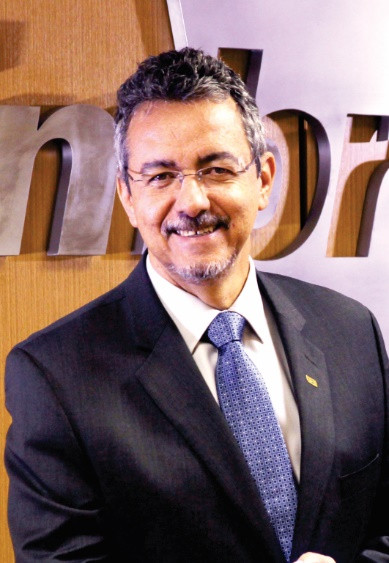 |
Brazilian Agriculture: Beyond food and fuelMaurício Lopes was the leader of the Maize Breeding Program and Head of R&D of the Embrapa Maize and Sorghum Center. He also was the Head of R&D of Embrapa, and head of R&D of Embrapa Genetic Resources and Biotechnology center. His contributions in R&D strategic planning and management include coordination of Embrapa´s current R&D Management System; coordination of a Competitive Grants Process; implementation of the strategic intelligence platform, among others. Dr. Lopes worked at the FAO; at Labex in Korea, at Agropolis Foundation, in Montpellier; at the Global Crop Diversity Trust, Germany; at the Global Panel on Agriculture and Food Systems for Nutrition, in London; at the International Advisory Committee of the Global Bioeconomy Council, Germany and at the World Food Center, in Davis. He was the Executive Director of R&D of Embrapa, and Currently, he is the President of Embrapa. |
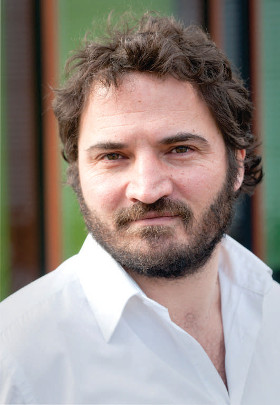 |
Collective Design of Farming Systems That Conserve and Promote Soil FunctionsPablo Tittonell is coordinator of the National Program Natural Resources, Environmental Management and Ecoregions of the National Institute of Agricultural Technology (INTA) of Argentina. Professor of the Ecology of Agricultural Systems at the Wageningen University, at the University from Montpellier, and at the National University of Lomas de Zamora in Buenos Aires. He worked at Tropical Soil Biology and Fertility (TSBF) Institute of CIAT in Nairobi, Kenya (CGIAR), and followed by CIRAD in Montpellier, France. He is currently a member of the scientific council of the Agropolis Foundation (Montpellier), and coordinator of the Soils, Envirnoment and Ecosystem Interactions division of the European Union of Geo-sciences (EGU). He is a frequent consultant for FAO and various CGIAR institutes, and teaches postgraduate courses in in different countries of the world. |
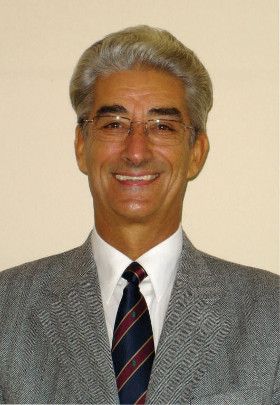 |
Soil Management in the Tropics and Conservation Agriculture: The South America ExperienceRolf Derpsch is Senior Technical Advisor and International Consultant in Conservation Agriculture and No-tillage. He has worked for GTZ, the German Agency for Technical Cooperation from 1966 to 2001. Between 1977 and 1984 he was a Team Leader of the Soil Conservation Project at the Research Institute of Paraná (IAPAR), Brazil. From 1993 to 2001 he was a Senior Advisor to the MAG – GTZ Soil Conservation Project in Paraguay. He has working experience in Argentina, Australia, Bolivia, Brazil, Chile, Colombia, Cuba, Germany, Honduras, North Korea, Paraguay, Somalia, South Africa, Tajikistan and Uzbekistan. He was among the first to research the No-tillage technology in Latin America in 1971. Received several awards among them the Norman Hudson Memorial Award in 2005. In 2010 he was awarded the Dr. Honoris Causa by the San Carlos University, Asunción. |
Dear participants of the 21th WCSS,
We are sharing the images taken at the Convention Center to remind you of the great time we had during the event.
Our best and thanks again to all that helped to make this a special moment.
To see the photos, please visit:
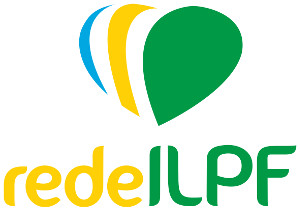
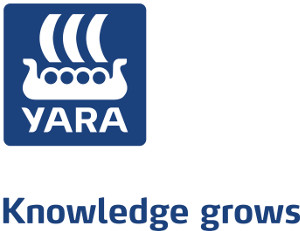



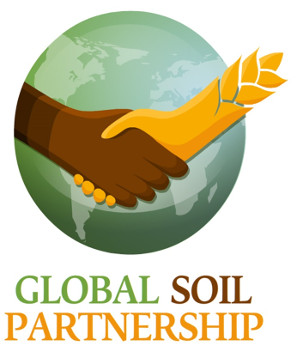
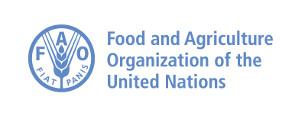
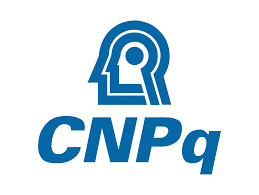
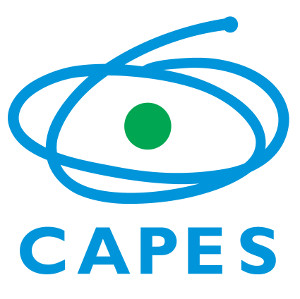
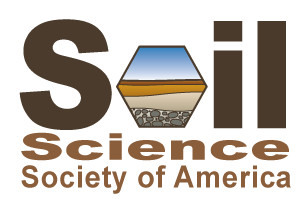
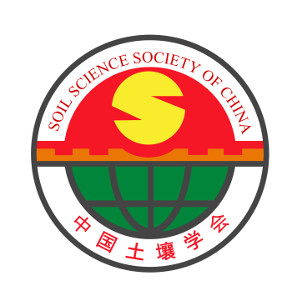
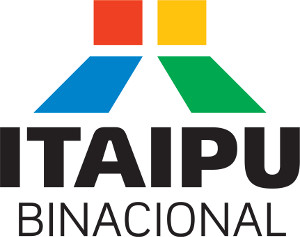


Além Mar/ Li-Cor
British Society of Soil Science
Copernicus
DFG- Deutsche Forschungsgemeinschaft
Euro Soil
InterMag
Livraria UFV
Marconi
Neobio e Microanalysis
Spectral
Tecnal
Tourism Toronto
Umwelt-Geräte-Technik GmbH
AMS, Inc.
Astro 34
CSIRO Publishing
Elsevier
European Commission
Gasmet
Jacto
MIDI
Ralco
Sentek
Soilmoisture Equipments
Springer
© 2017 21st WCSS - All rights reserved
Sociedade Brasileira de Ciência do Solo (SBCS)
Departamento de Solos - Edifício Sílvio Brandão, s/n
Cx.P. 231 - Campus da UFV CEP 36570-900 - Viçosa-MG
Fone: +55 31 3899-2471 - sbcs@sbcs.org.br; www.sbcs.org.br